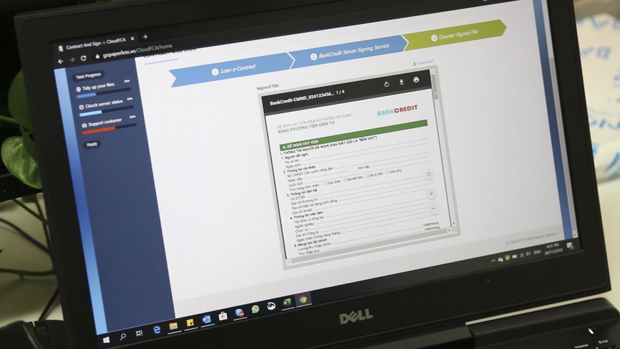The COVID-19 pandemic has given rise to many questions regarding force majeure and e-signatures. In particular, parties to commercial contracts are keen to know (i) whether they can be released from liabilities by relying on a force majeure clause and (ii) whether they can execute contracts by electronic signatures instead of the traditional “wet ink” signatures which have become almost impossible in the context of the COVID-19 pandemic.
Vietnamese law defines force majeure in Article 156.1 of the Civil Code as “an event which occurs in an objective manner which is not foreseeable and which is not able to be remedied by all possible necessary and admissible measures being taken”
For contracts that have been entered into prior to the COVID-19 pandemic, affected parties will have to prove that the pandemic satisfies all three components of a force majeure event in order to rely on this statutory right
The effect of a force majeure event is that the affected party who fails to perform its obligation under a contract will be released from liabilities
Besides a force majeure event, an alternative approach for parties to consider in the context of the COVID-19 pandemic is fundamental changes clauses provided by Article 420 of the Civil Code 2015
“Force Majeure Event means an event that wholly or partly prevents or delays the performance of obligations and/or the adherence to deadlines or time periods arising under this Agreement and shall include, without limitation, an act of God, explosion, accident, fire, lighting, earthquake, storms, flood or similar cataclysmic occurrence; an act of war, blockade, insurrection, lockouts, or other labor difficulties; restrictions or restraints imposed by law or by rule, regulations or order of any deferral, state or local government, governmental agency or quasi-governmental agency; a pandemic; COVID-19 (Coronavirus)-related events, including, by way of example but not limitation, quarantines, third party vendor shut downs, business shut downs, and travel restrictions; action or failure to act of any federal, state or local government, governmental agency or quasi-governmental agency; and interruption or other loss of utilities due to causes beyond the reasonable control of the Purchaser.”
Source: Lexology


Leave a Reply